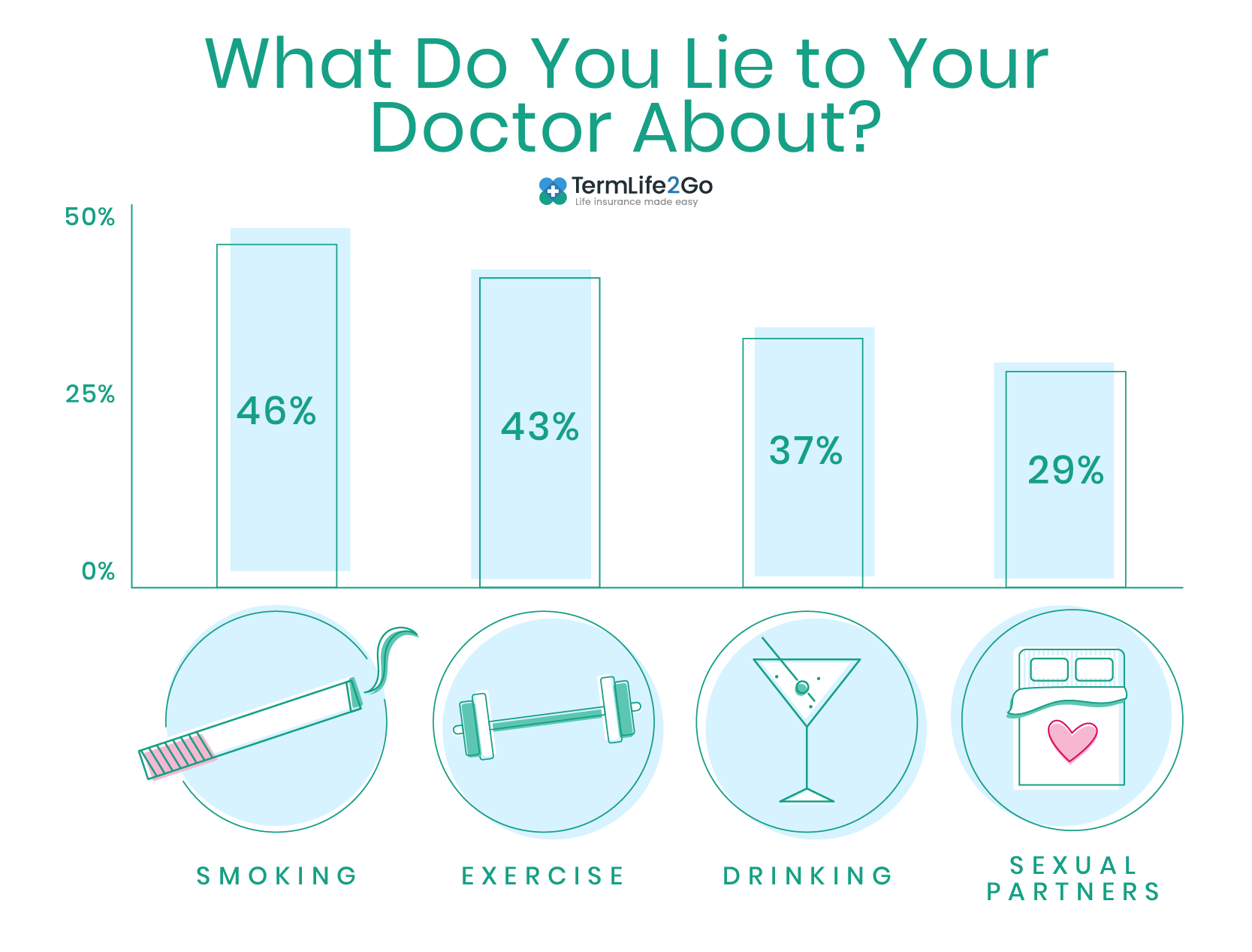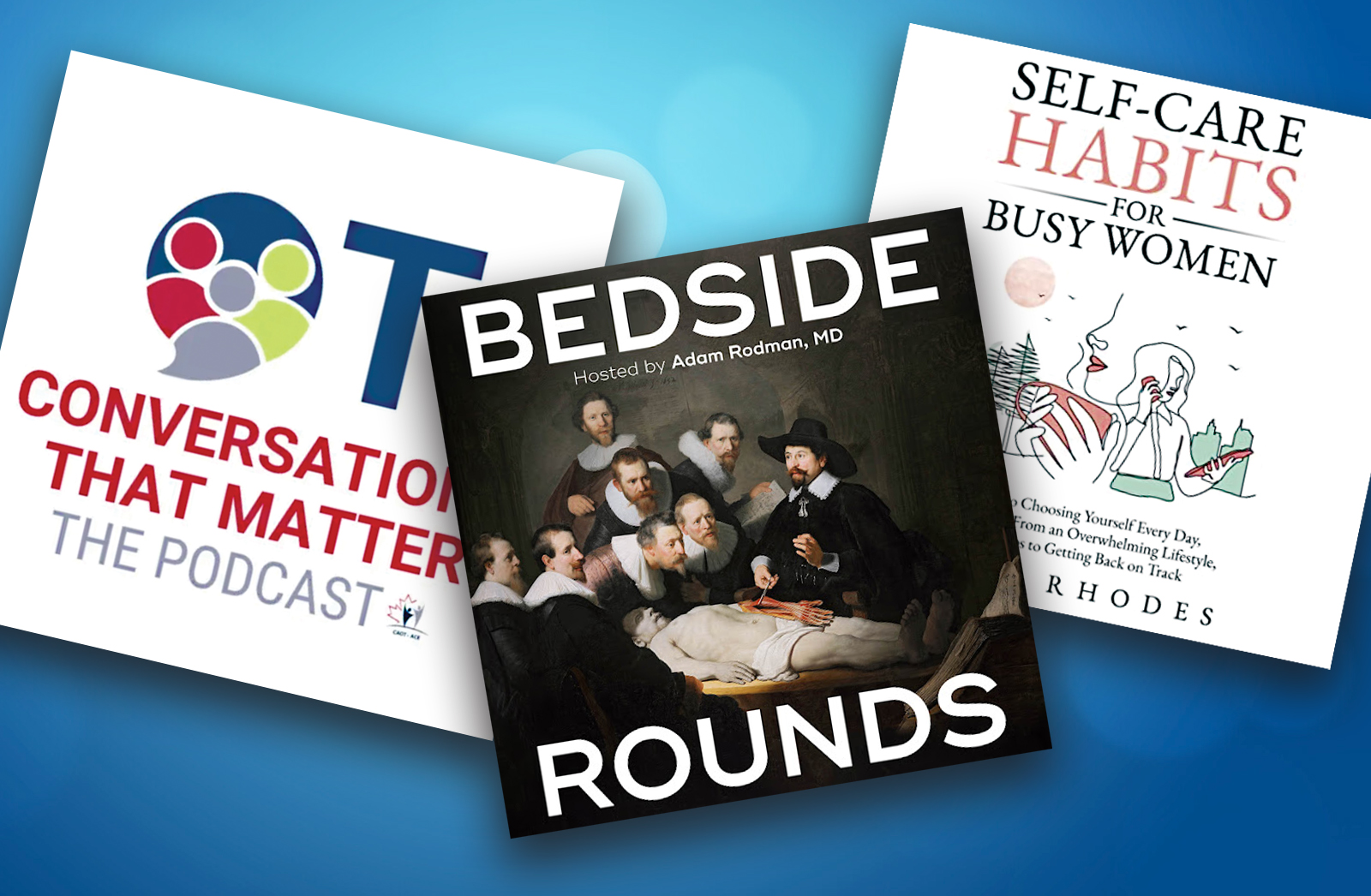An interview with Dr. Clark Madsen, MD, a Family Medicine and Sports Medicine Specialist.
By Alex Enabnit
Q: How often do you think patients lie to doctors?
Dr. Madsen: It is hard to tell how often patients lie. Doctors don’t have some sort of lie detector and aren’t trained like the FBI. I suspect that I get lied to about 30-40% of my visits.
Q: Why do you think they lie?
Dr. Madsen: Several reasons, most of the time patients lie to keep the visit moving, “sure I’ll do that,” or “no I don’t have that problem.” They will sometimes tell you what they think you want to hear. Such as saying they exercise more than they do. People inherently don’t want to let you down. Other time patients try to conceal information. I have caught many people telling me stories that don’t make sense or denying actions they have taken. This usually happens when they have an agenda and want the doctor to do something specific for them. If they have a problem and want a specific treatment they will sometimes tell you they have taken other treatments or are allergic to certain medicines to force you to pick the one they want.
Q: What are some of the consequences that patients can face from lying to their doctor?
Dr. Madsen: If you lie about medicines you take or have taken you might be prescribed something that interacts with the medicine and can have serious health effects. This is a fairly common cause of hospital admissions. Some people will say they have problems or symptoms to get a treatment but the treatment can cause serious problems as well and they are putting themselves at unnecessary risk. The most prominent example is patients taking dangerous medications in a way that the doctor did not prescribe and then lying to the doctor about it. The hospitals are filled with patients who take narcotic medications this way. There is no objective measure for pain and so doctors have to trust the patients when they say they are in severe pain. We will try other medications but patients frequently say they are allergic to the alternatives and/or the alternatives do not work. They try and force us to prescribe certain treatments but the safer treatments often work better. This applies to surgery as well.
Q: Why is it important to be truthful and honest with your doctor?
Dr. Madsen: It is important to understand that your doctor has no other motives than to help you. We do not work for the government trying to find misdeeds and the only time law enforcement is involved is when the patient is a harm to themselves or others. We have the patient’s best interest at heart and will give you honest and useful information but only if we have accurate data to help us make decisions. Patients need to understand that when they see a doctor they are first and foremost paying for accurate advice. The medications and procedures are secondary. If you aren’t honest with your doctor you have wasted the main benefit of seeing us and the copay you paid to be there.

Q: We found that men are more likely to lie about alcohol use, while women were more likely to lie about their sex life. Why do you think men and women lie about different things?
Dr. Madsen: Our culture sets up certain norms for men and women and patients either consciously or unconsciously try to meet those norms. As mentioned above they will tell you what they think you want to hear and they base that off of cultural norms. I try to eat healthy, I exercise daily, I don’t do drugs. What men and women see as acceptable behaviour is different, but you would be surprised how when you really get to the truth about patients’ wishes, desires, and thoughts. Most people are very similar and it is not what culture tells us is normal.
Q: Have you ever called someone out for lying?
Dr. Madsen: Yes, about once a month. Usually all it takes is not responding when they lie to me and the silence makes people respond with the truth. Most of the time people will correct themselves quickly and we can go on. I try not to look judgmental because I want them to feel welcome to correct themselves and not hide further. Usually when they see that I am on their side and not their adversary they open up and will tell you things they have told no one else. This is a sacred trust and very important to me. Sometimes patients will double down and pro- claim their innocence and can even become aggressive at times. We don’t like to get in arguments and usually will hear patients out but these relationships usually become toxic and patients will often seek out another physician. We train physicians to always act in the best interests of the patient and that includes if you are being lied to or coerced to do something that you think will harm them more than help.
Alex Enabnit is a licensed insurance agent and life insurance expert.














